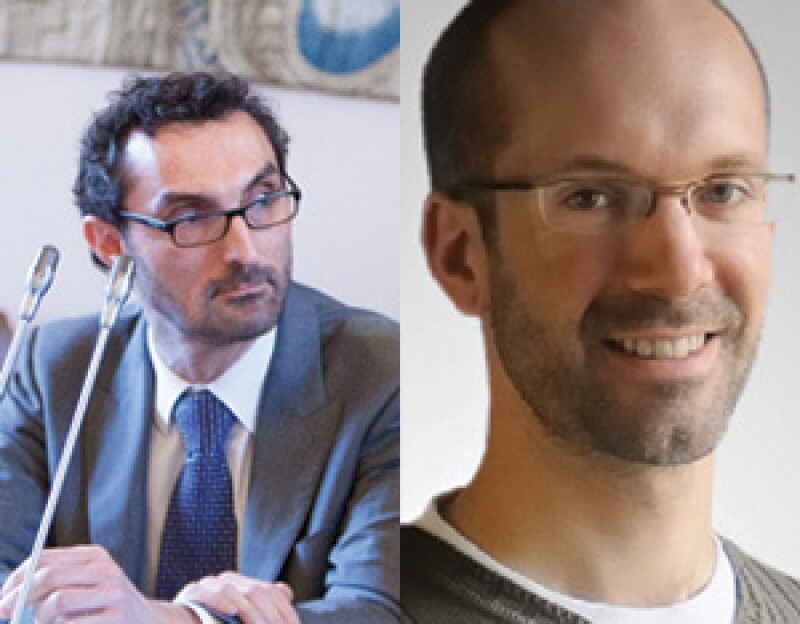
International Tax Review: Why in particular were you and Pierre commissioned to research this report?
Nicolas Colin: Pierre Collin is a member of the Conseil d'Etat, the highest French court, with the power to decide a case involving our government. He is specialised in corporate taxation and is recognised as one of our best practitioners in that field. I was hired to co-write the report with him both as a senior civil servant working in the Ministry of Finance, and as an expert in many things related to the digital economy - I've worked in that industry for two years as an entrepreneur and I co-wrote a book (with Henri Verdier, another entrepreneur) dedicated to educating the French elite on the digital economy, L'Âge de la multitude, Entreprendre et gouverner après la révolution numérique.
ITR: What interaction have you had with decision makers (OECD/ national officials) since the report was published?
NC: Our report launched yet another wave of legislative and administrative works around digital economy and taxation. The Conseil national du numérique (an government advisory body) was charged with conducting a consultation of all interested parties, notably around the proposals put forward in our report. Philippe Marini (a senator and chairman of the Senate Finance Committee) proposed a Bill to establish a new version of his Google tax. As with the OECD, the interactions were informal but frequent and in-depth, especially on the road to adopting the BEPS action plan.
ITR: How long did it take to complete the report and what was the research process?
NC: The report was completed in almost six months, from August 2012 to January 2013. We heard many interested parties, notably experts in corporate taxation, and experts in the digital economy, including in the Silicon Valley and in several American universities. A large volume of documentation was gathered, especially articles in the press that proved useful sources to describe and analyse digital companies' business models. All sources were mentioned in almost 500 footnotes and a bibliography, all included in the report. A small group of people, mainly entrepreneurs in the digital economy, were especially helpful with identifying relevant experts, contacting prominent scholars or entrepreneurs, and advising on the general architecture of the report. Since the publication, Pierre and I have been invited in many circles to present the report and discuss the latest evolutions.
ITR: What kind of reaction have you had from the business community?
NC: The report was a unique opportunity to explain what the digital economy is and how it creates value. Some politicians and senior civil servants had their first opportunity to get an insight of the digital economy. In front of the business community, the report helped make the point that the digital economy is not limited to certain industries such as advertising or retail, but instead disrupts our whole economy, industry after industry. Business leaders belonging to the digital economy generally praised the report as an accurate description of how they create value, even though they rejected the idea of creating any special regime to tax their companies, as expected.
The Global Tax 50 2013 |
||
|---|---|---|
Paul Collier |
Tim Cook and Eric Schmidt |
|









